Living in a hot and humid climate requires selecting a dog breed that can comfortably adapt to such conditions. Certain dog breeds are better suited to withstand higher temperatures and humidity due to their physical characteristics and adaptability. Here are 12 dog breeds that thrive in hot and humid environments, making them ideal companions for residents in warmer climates.
1. Greyhound
Greyhounds have short, thin coats and lean bodies, which makes them well-suited for warmer climates. Their minimal fur helps them stay calm and require limited exercise, reducing the risk of overheating. Greyhounds are also known for being calm indoors, which is beneficial when outdoor activities are limited in hot weather.
2. Dalmatian
Dalmatians have short and sleek coats that help in heat dissipation. They are also known for their high energy and stamina, which allows them to remain active even in warmer temperatures. Dalmatians have historically been used as carriage dogs, indicating their ability to endure long periods of activity in various climates.
3. Chihuahua
Chihuahuas are well-suited for hot climates due to their small size and short coat. Their minimal grooming needs and ability to stay cool make them ideal for warmer environments. Chihuahuas are also adaptable and can remain active indoors, which is beneficial during the hottest parts of the day.
4. Basenji
The Basenji, often called the “African Barkless Dog,” has a short, fine coat well adapted for heat. Originating from central Africa, they are used to hot weather and have an efficient way of cooling themselves. Basenjis are also energetic and require regular exercise, which they can comfortably handle in warmer climates.
5. Afghan Hound
Afghan Hounds have a long, silky coat, surprisingly well-suited for hot climates. Their skin serves as protection from the sun, and their native mountainous environment in Afghanistan can experience high temperatures. Afghan Hounds are independent and dignified, with a good tolerance for heat.
6. Doberman Pinscher
Doberman Pinschers have a short, sleek coat that suits them for hot and humid conditions. They are energetic and require regular exercise, which they can handle well in warmer weather. Dobermans are also protective and make excellent guard dogs, ideal for more open and expansive living areas in hot regions.
7. Whippet
Like Greyhounds, whippets have a thin coat and lean build, making them well-adapted to hot weather. They require minimal grooming, and their short fur helps keep them cool. Whippets are also relatively calm indoors, ideal for resting during the hottest parts of the day.
8. Italian Greyhound
Italian Greyhounds are a smaller version of the Greyhound and are well-suited for warm climates. Their thin coat and small size help them stay calm. Italian Greyhounds are playful and affectionate, making them great indoor companions during high temperatures.
9. Vizsla
Vizslas have short, smooth coats and are known for their high energy levels. Originating from Hungary, they are accustomed to various climates and can adapt well to heat. Vizslas require regular exercise, which they can comfortably endure in warmer weather.
10. Rhodesian Ridgeback
Rhodesian Ridgebacks are originally from southern Africa and are well-adapted to hot, dry climates. Their short coat and robust build make them tolerant of high temperatures. They are known for their endurance and can handle outdoor activities even in warmer conditions.
11. Weimaraner
Weimaraners have short, sleek coats known for their stamina and energy. They can remain active in hot weather and enjoy outdoor activities. Weimaraners are also affectionate and loyal, making them great family pets in regions with warmer climates.
12. Airedale Terrier
Airedale Terriers have a low-shedding,g wiry coat that helps keep them cool in hot weather. They are the largest of the terrier breeds and are known for their energy and playfulness. Airedales are adaptable and can enjoy outdoor activities even in warm and humid conditions.
When living in a hot and humid climate, choosing a dog breed that can comfortably adapt is essential for the pet’s well-being. The species listed above are known for their ability to thrive in warmer conditions, thanks to their physical characteristics and inherent adaptability. These breeds offer a range of sizes and temperaments, catering to different preferences while ensuring comfort and health in hot and humid environments.
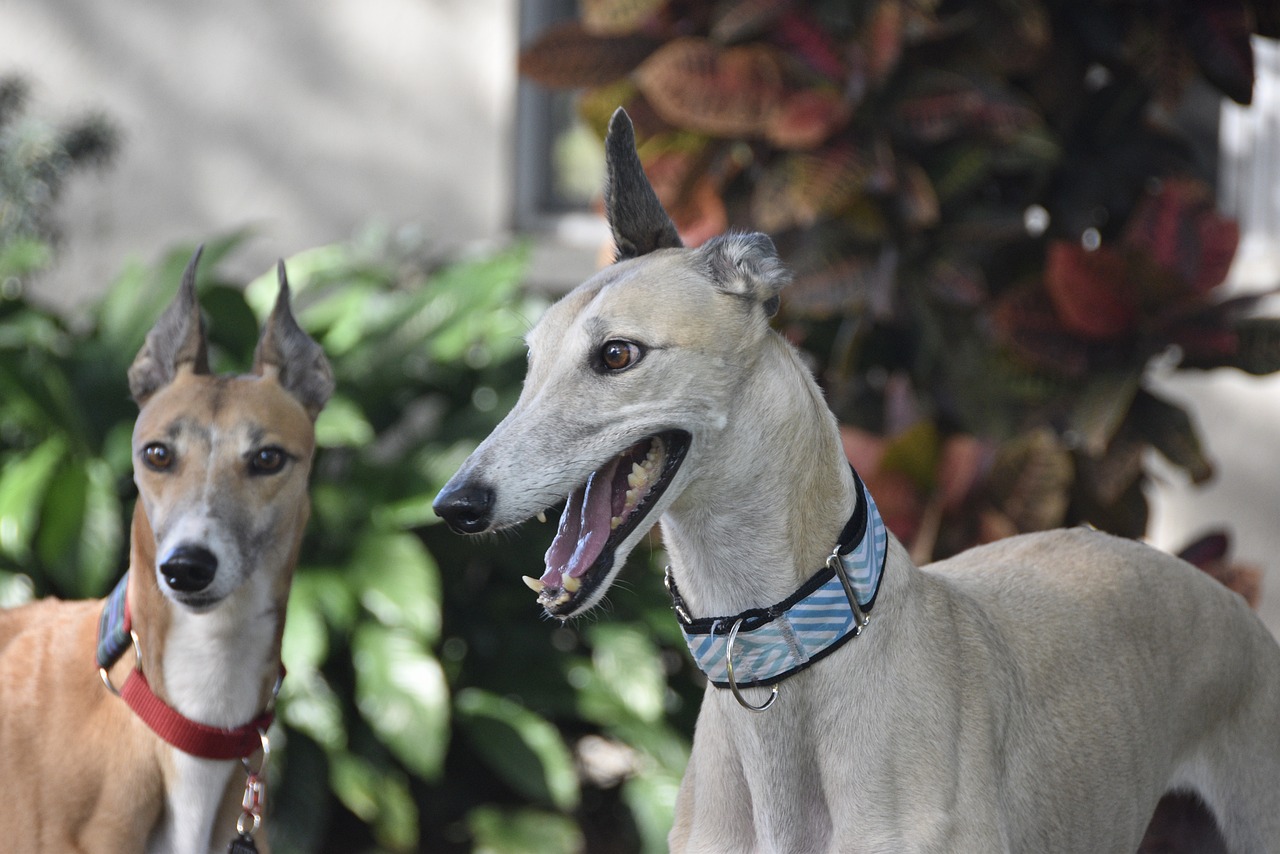
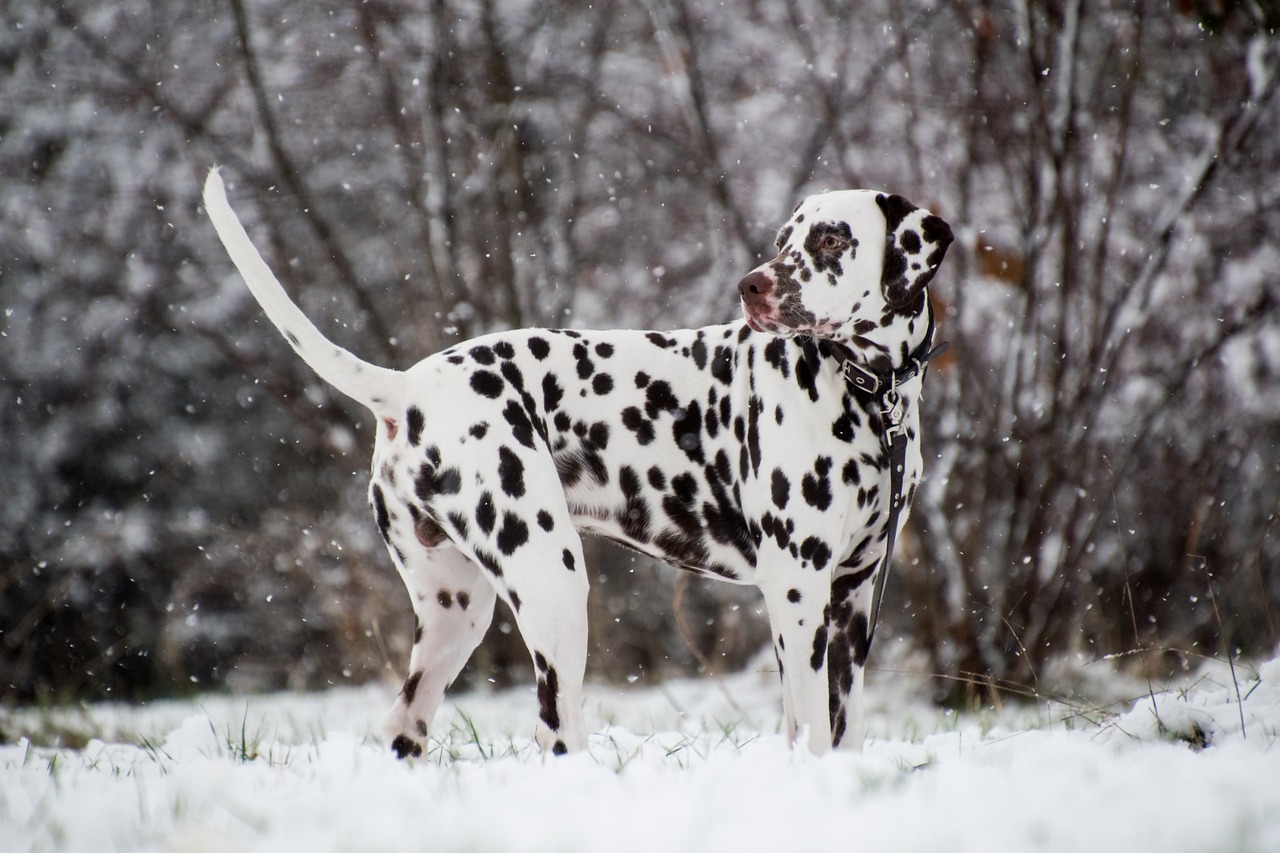
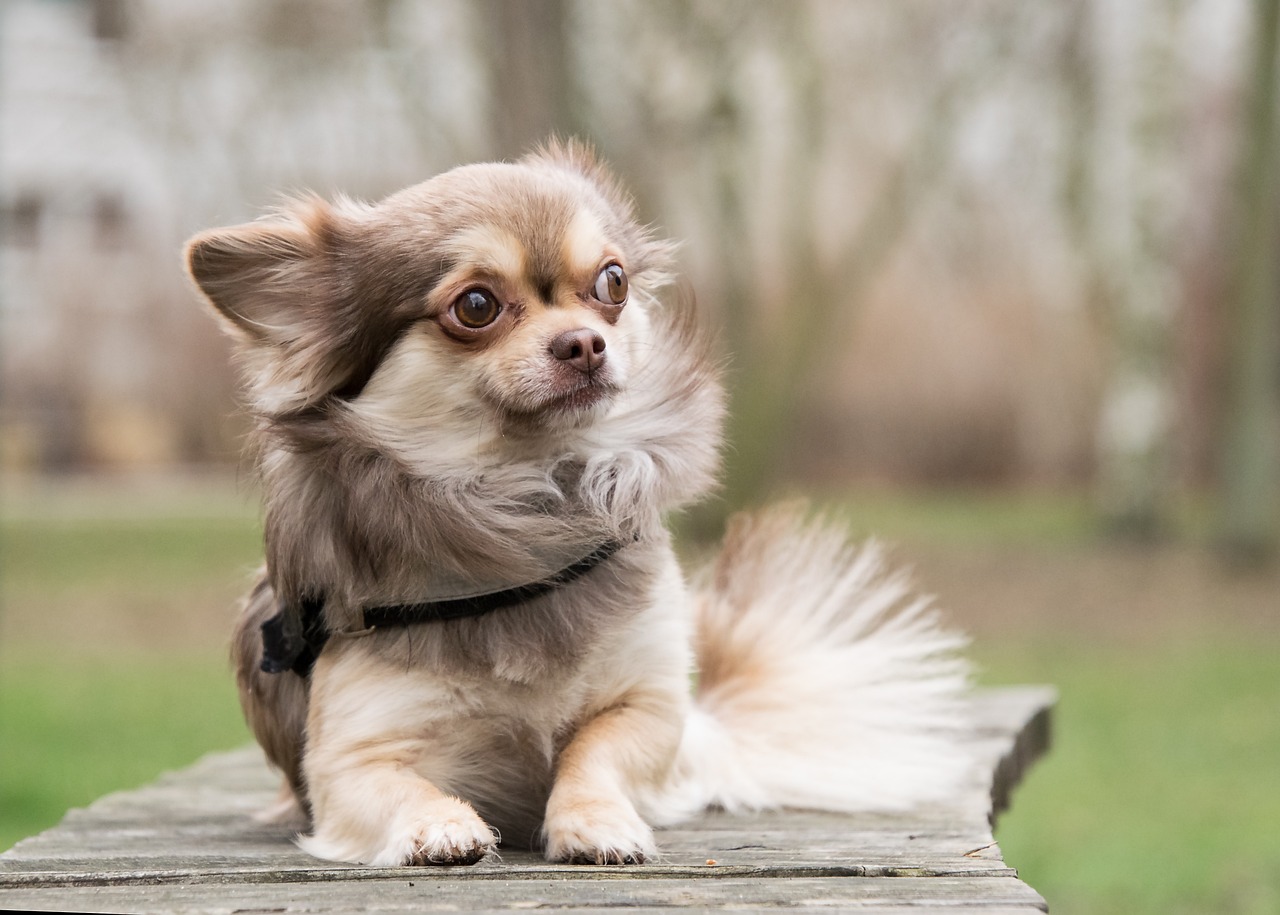
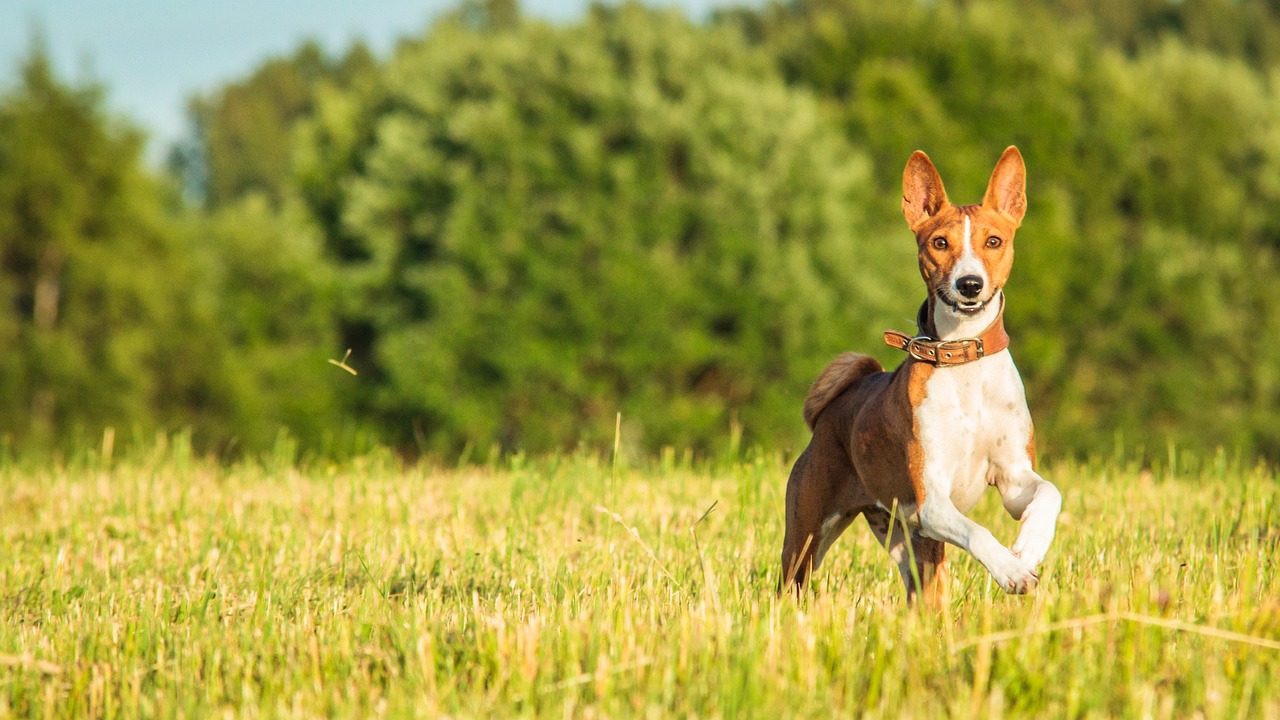


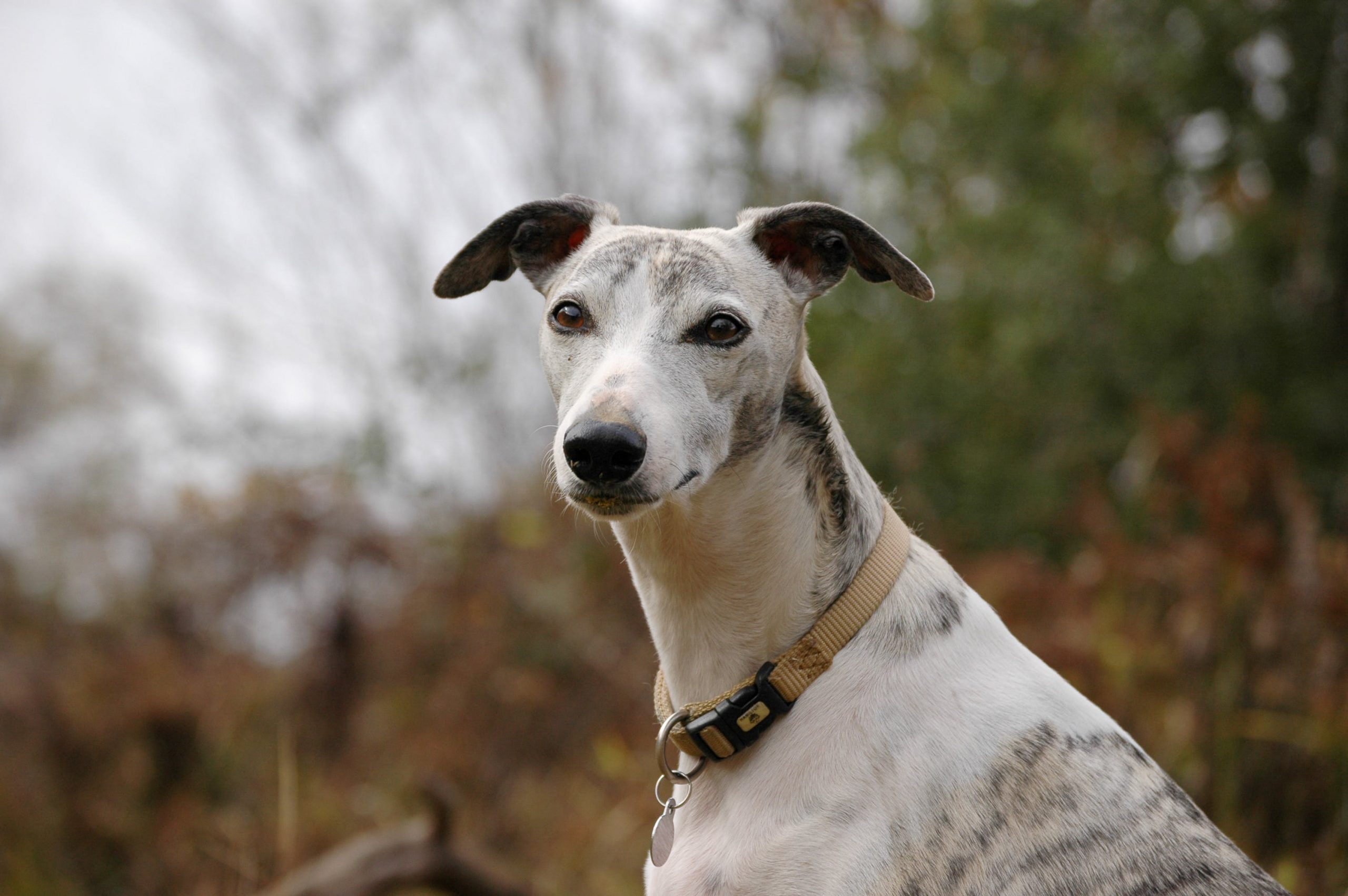
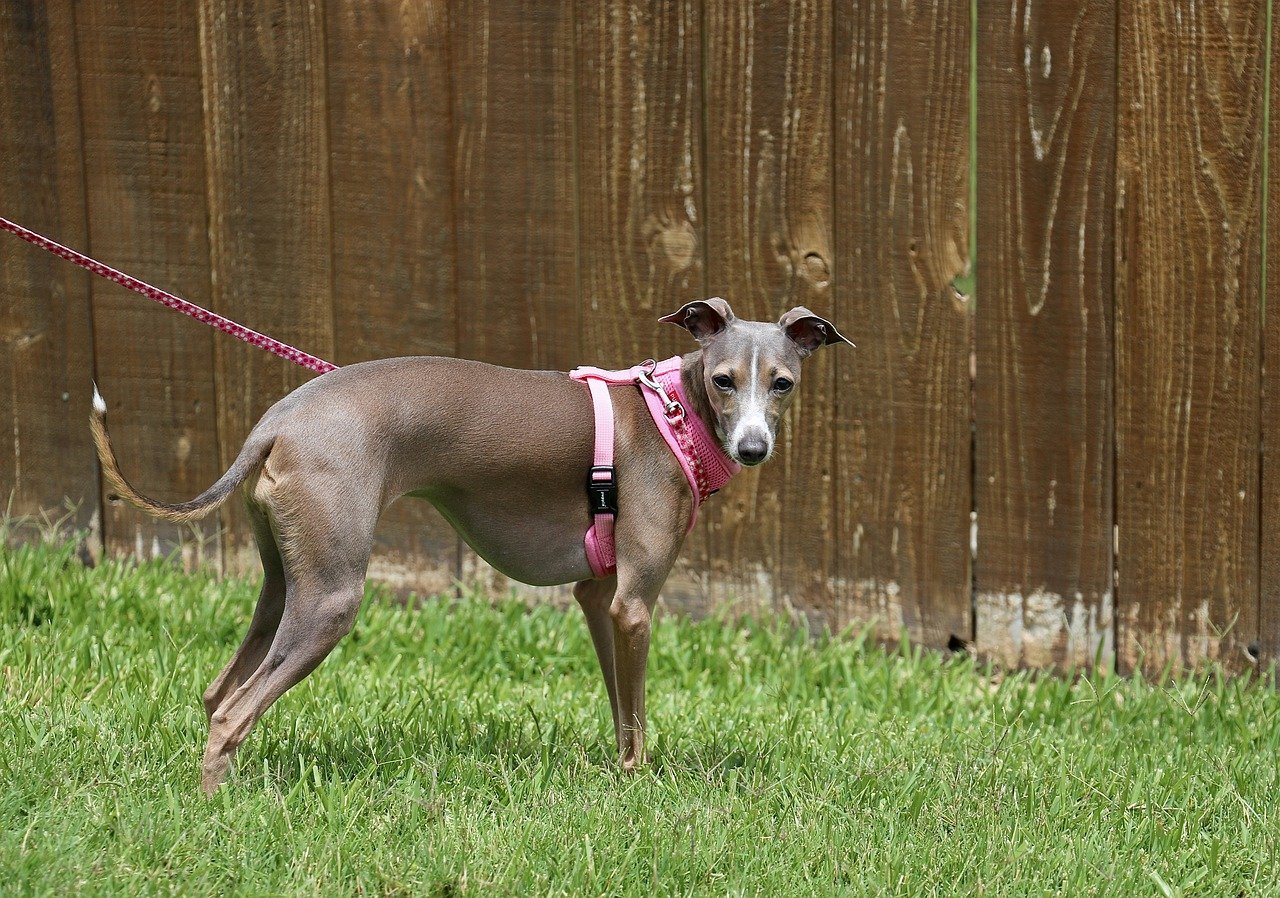

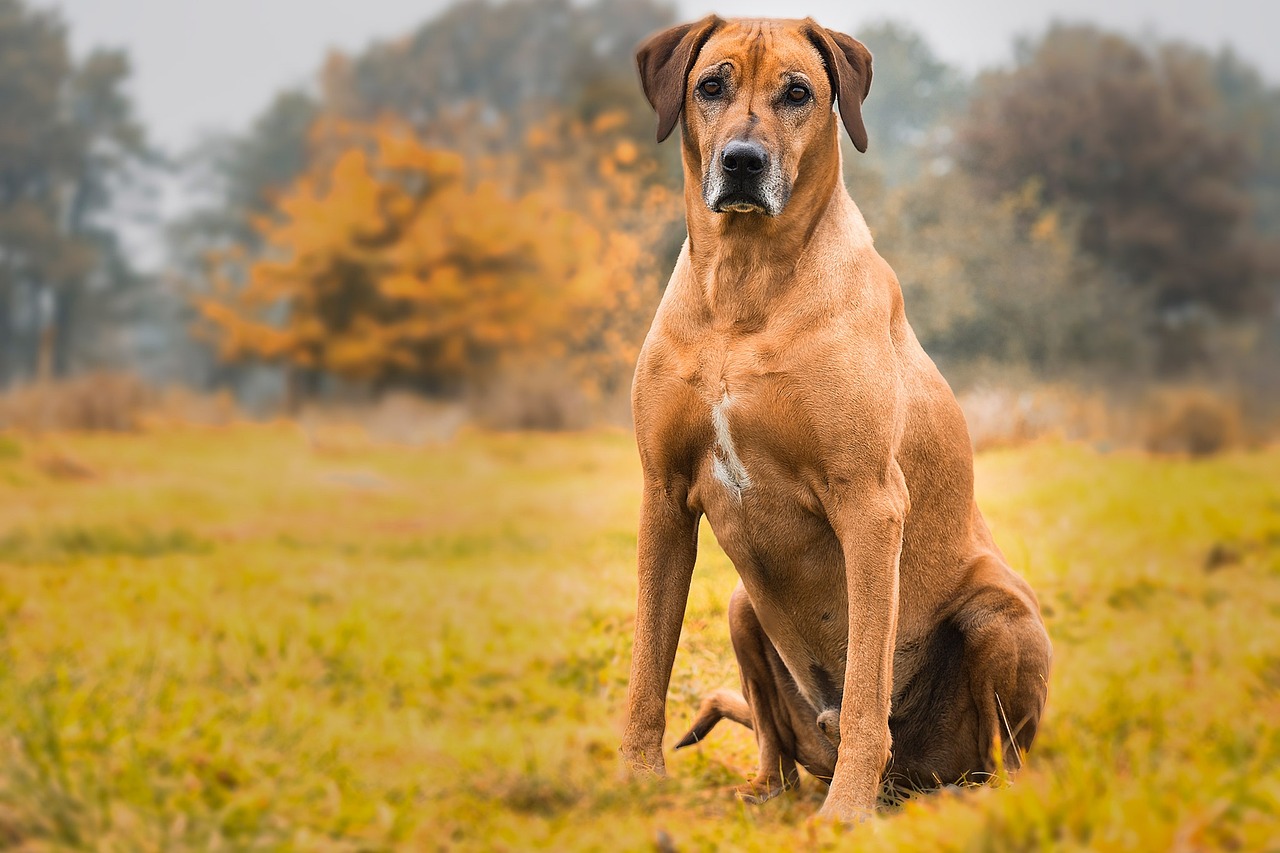
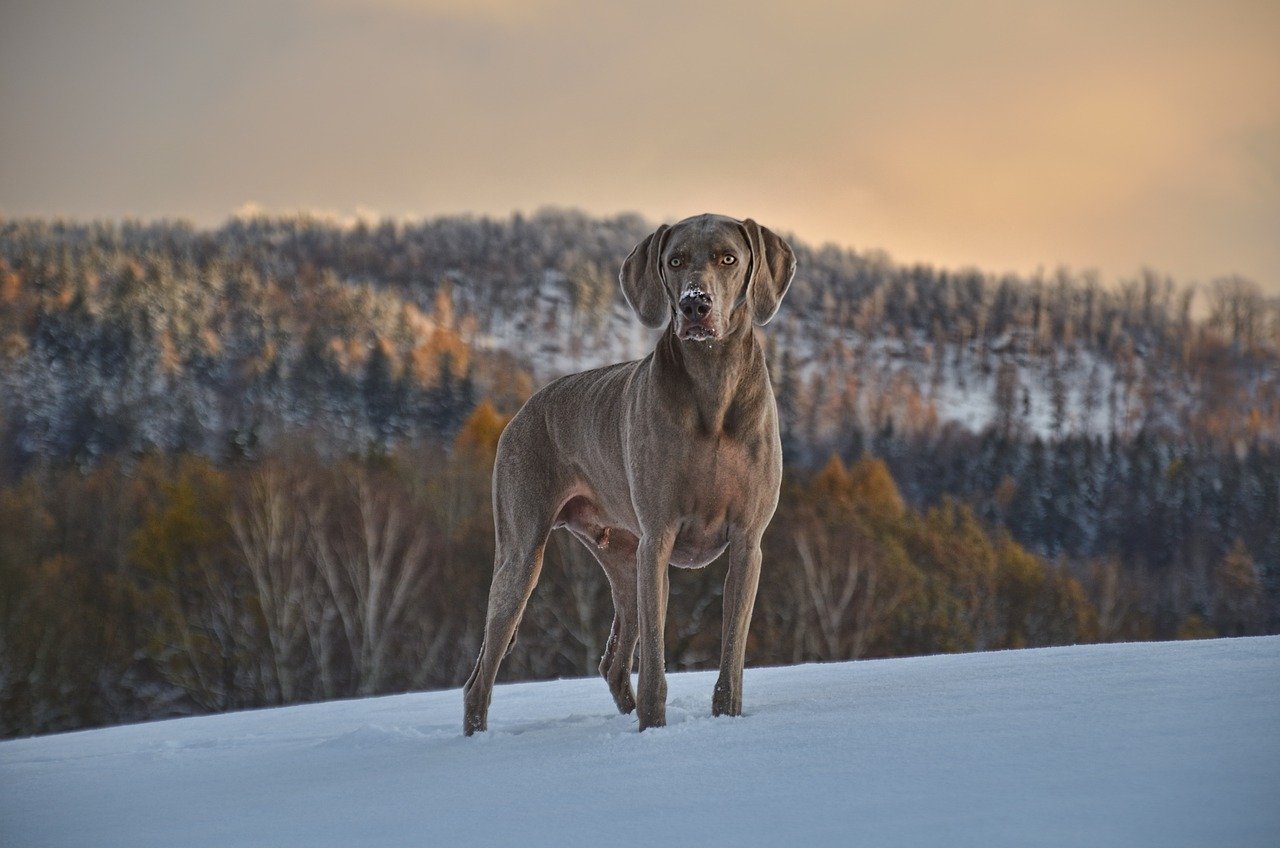
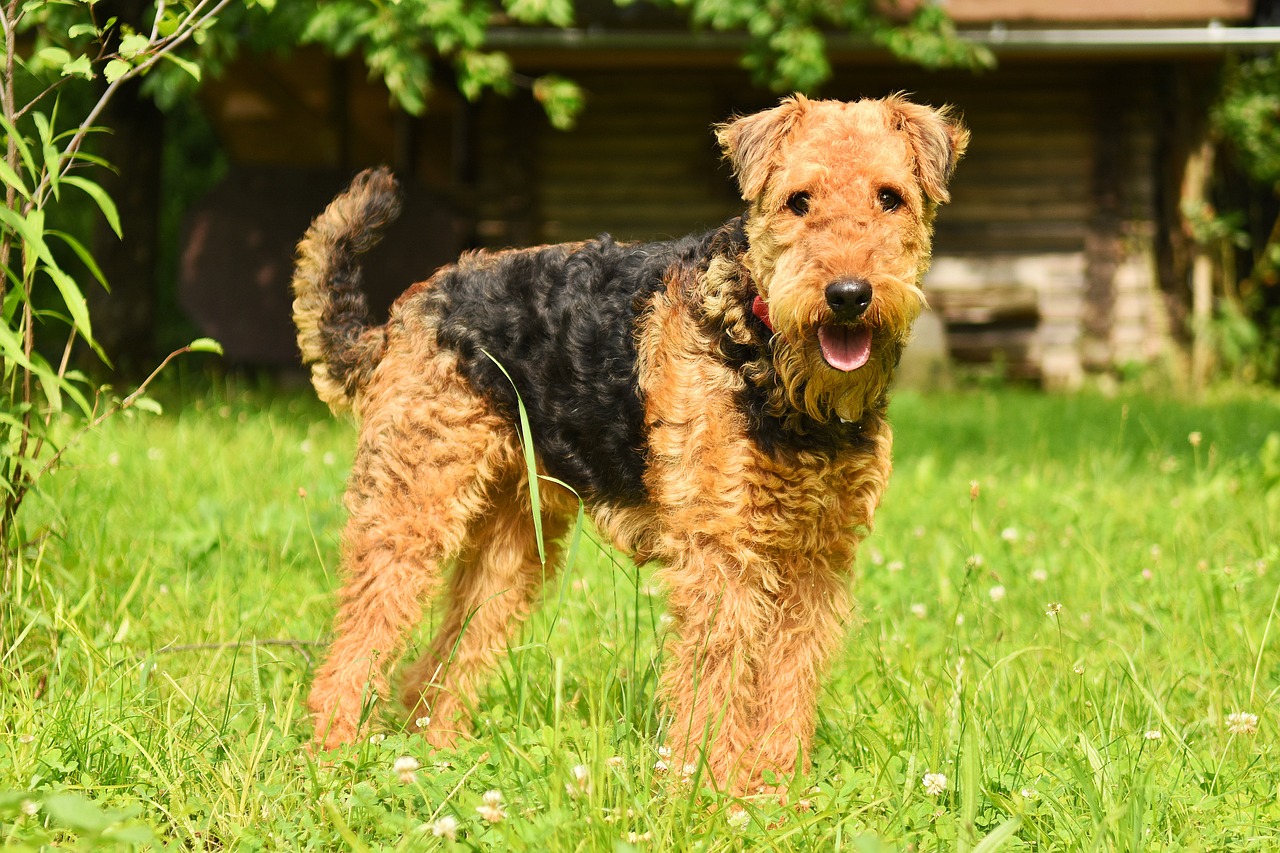
 Toledo, United States.
Toledo, United States.